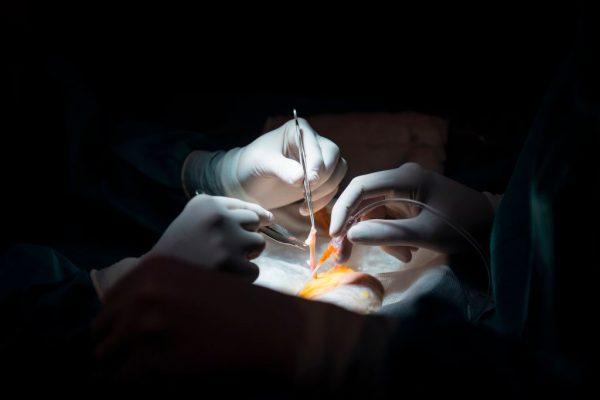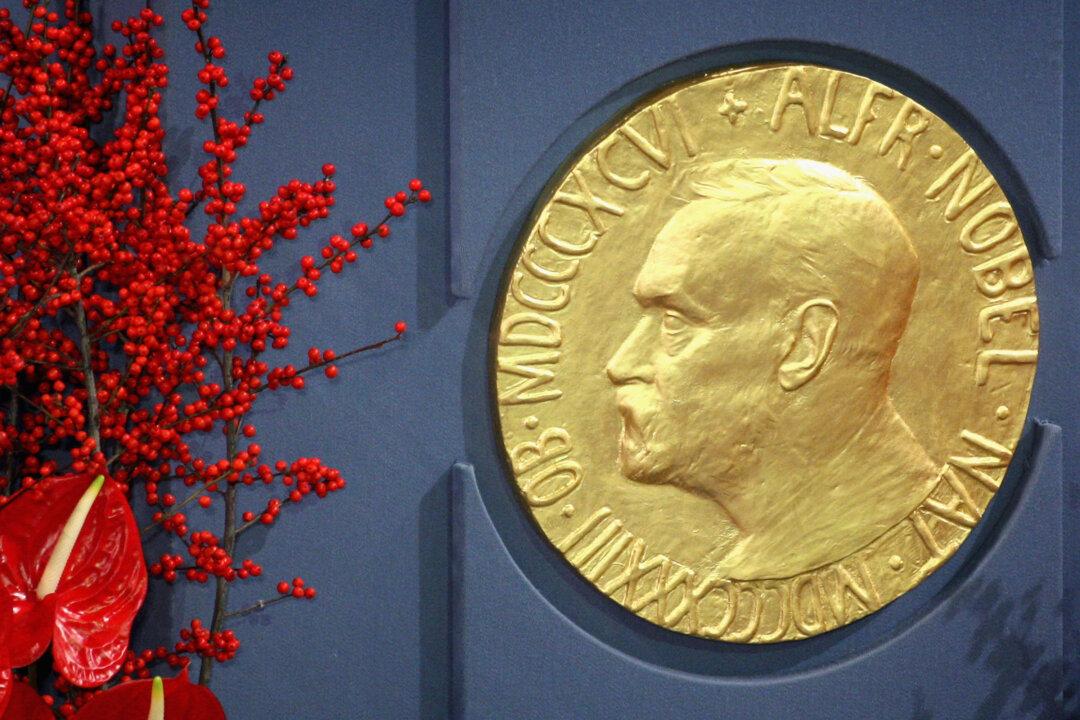A British lawmaker has nominated Doctors Against Forced Organ Harvesting (DAFOH) for the Nobel Peace Prize, citing the medical ethics group’s role in spotlighting the “horrors of forced organ harvesting” in communist China.
The Washington-based nonprofit, which comprises medical doctors from around the world, has spent about 17 years raising awareness of the industrial-scale abuse.
Besides issuing publications examining evidence, the group has regularly hosted webinars and run a petition drive calling for the United Nations to act, which has garnered millions of signatures globally over a roughly six-year period.
The nominator, Lord Philip Hunt of King’s Heath, commended the group for its “tremendous job” in making the case for “why we need to take action.”
“These acts are horrifying, I think they are against fundamental human rights,” he told The Epoch Times.
He wrote in the nomination letter that the group’s commitment to the cause is “deeply rooted in the conviction to promote medical ethics and human dignity.”
A Nobel Peace Prize to the group “would not only support raising more awareness and attention on this topic, but also positively affect all efforts against human trafficking, another serious topic of our time,” he said.
The state-sanctioned forced organ harvesting crimes in China put a vast population at risk. Detained practitioners of Falun Gong, which has an estimated following of up to 100 million, could be killed by having their organs removed, as could Uyghurs, Tibetans, and House Christians.
International tourists, attracted by the extremely short waiting times in Chinese hospitals, may opt to go to China for organ transplant surgery, thus becoming unwitting accomplices to these crimes.
But Mr. Hunt, whose advocacy efforts pushed through a UK law to bar his countrymen from partaking in the scheme, said he has been disappointed by the lack of a tangible response so far from international bodies such as the United Nations.
During the recent U.N. review of China’s human rights record, critics of the regime had to squeeze their remarks into a mere 45 seconds. The issue of forced organ harvesting didn’t come up.
Mr. Hunt first learned of the issue about five years ago from human rights advocates while campaigning for a bill to encourage organ donations in his country. Horrified to learn what’s been happening in China, he pledged to do all he could to help end the abuse.
“Forced organ harvesting is a terrible, terrible crime,” he said, noting the killings behind the scenes to enable the industry’s growth.

Prisoners of conscience, Falun Gong practitioners, and Uyghurs in the northwestern Xinjiang region “deserve much, much better in their life than the awful situation that they found themselves in,” he said.
“We must do better, we must protest, we must campaign, and eventually we will be successful in eradicating this terrible practice,” he said. And in that pursuit, organizations such as DAFOH play “an incredibly important part.”
“I pay tribute to them for everything they’ve done and all the support that they’ve given me,” Mr. Hunt said.
He said that there’s a long way to go, but that collective efforts from DAFOH and like-minded groups can begin to make a difference.







